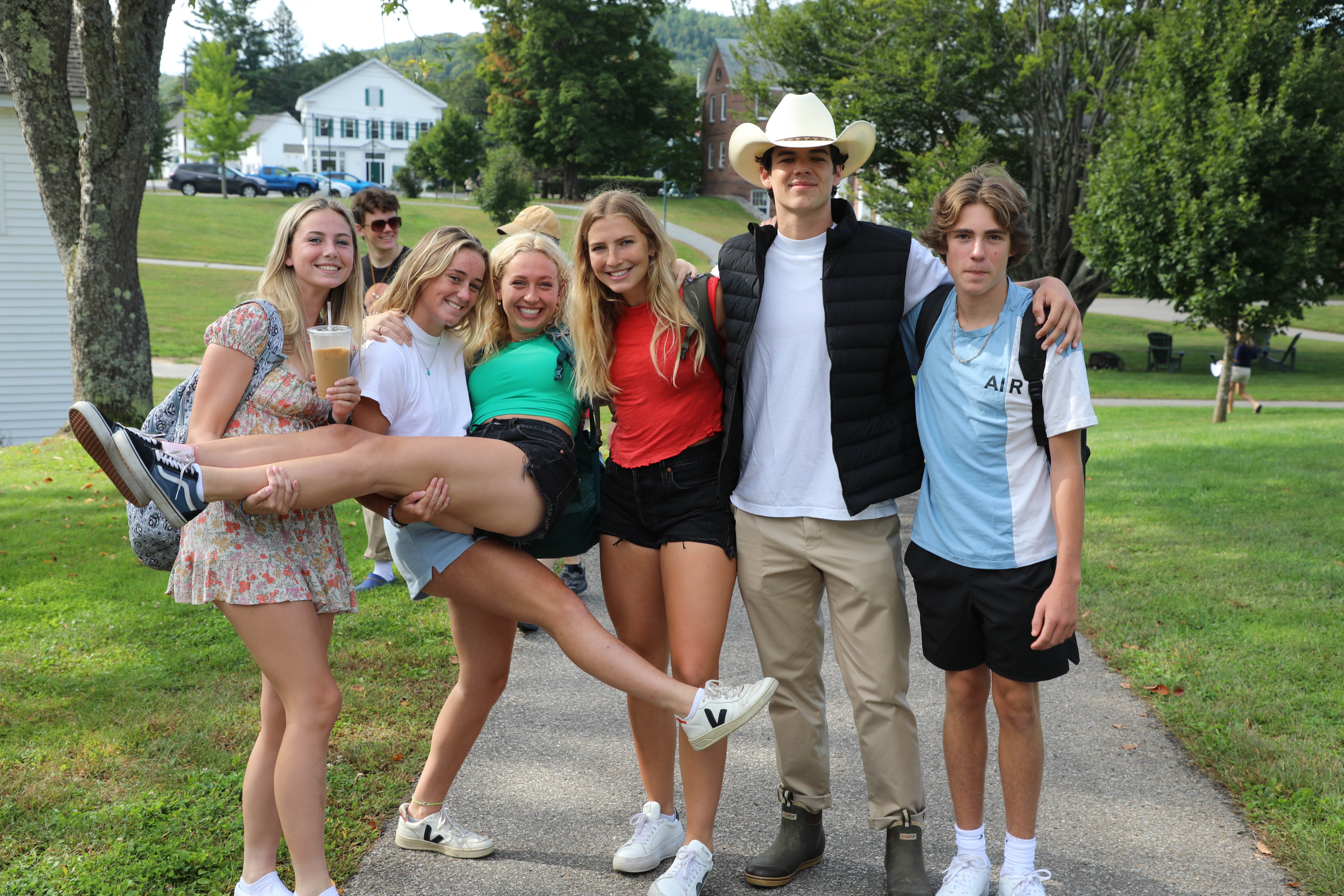When we truly commit to something, we deeply invest ourselves in it. We see a greater purpose in our work, in our connections, in the lifting of each other up. We see an application of our mission, not just a lofty statement that supposedly guides us. Through little, daily actions, we show others what it means to be a part of a community, to be a part of something bigger than ourselves.
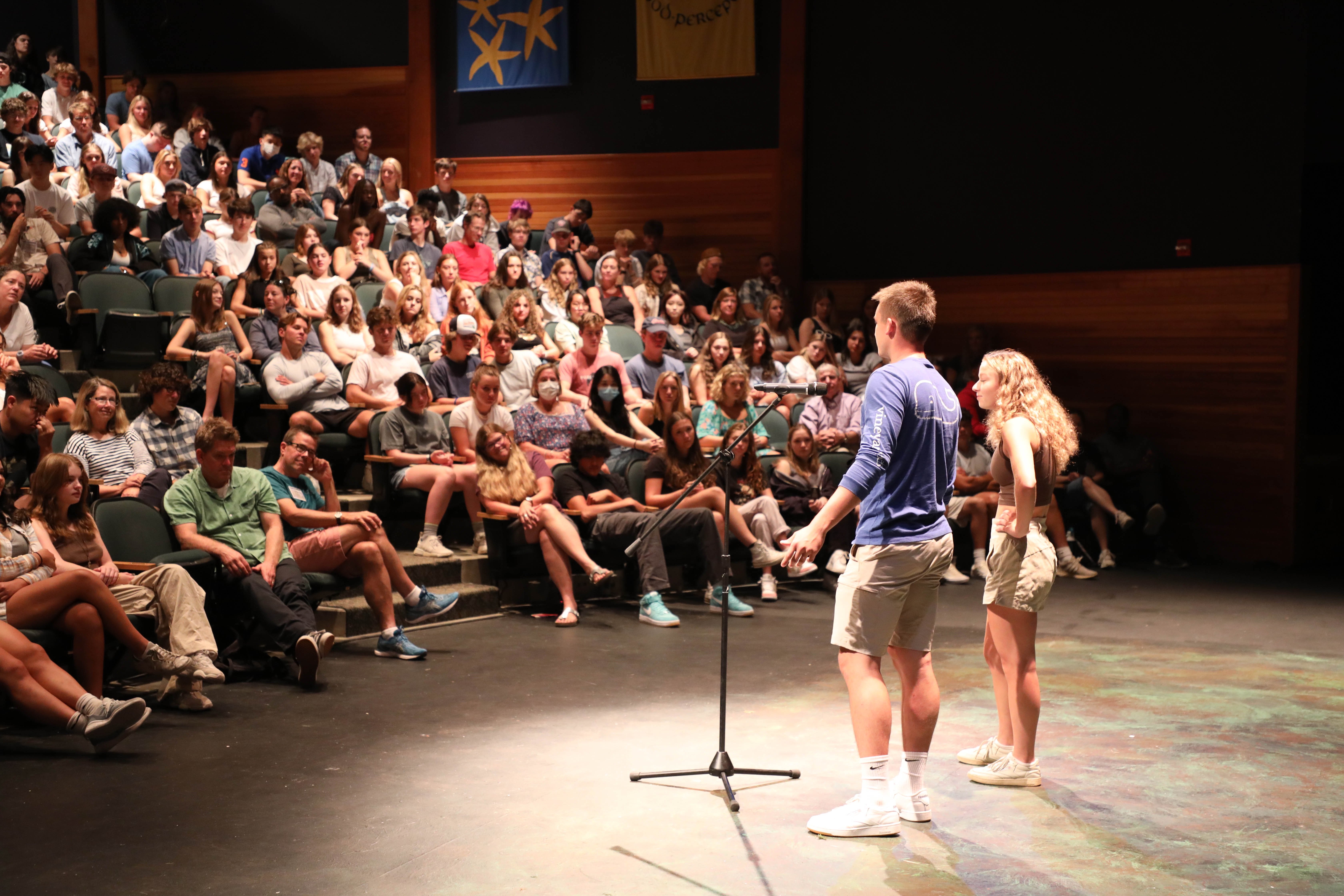
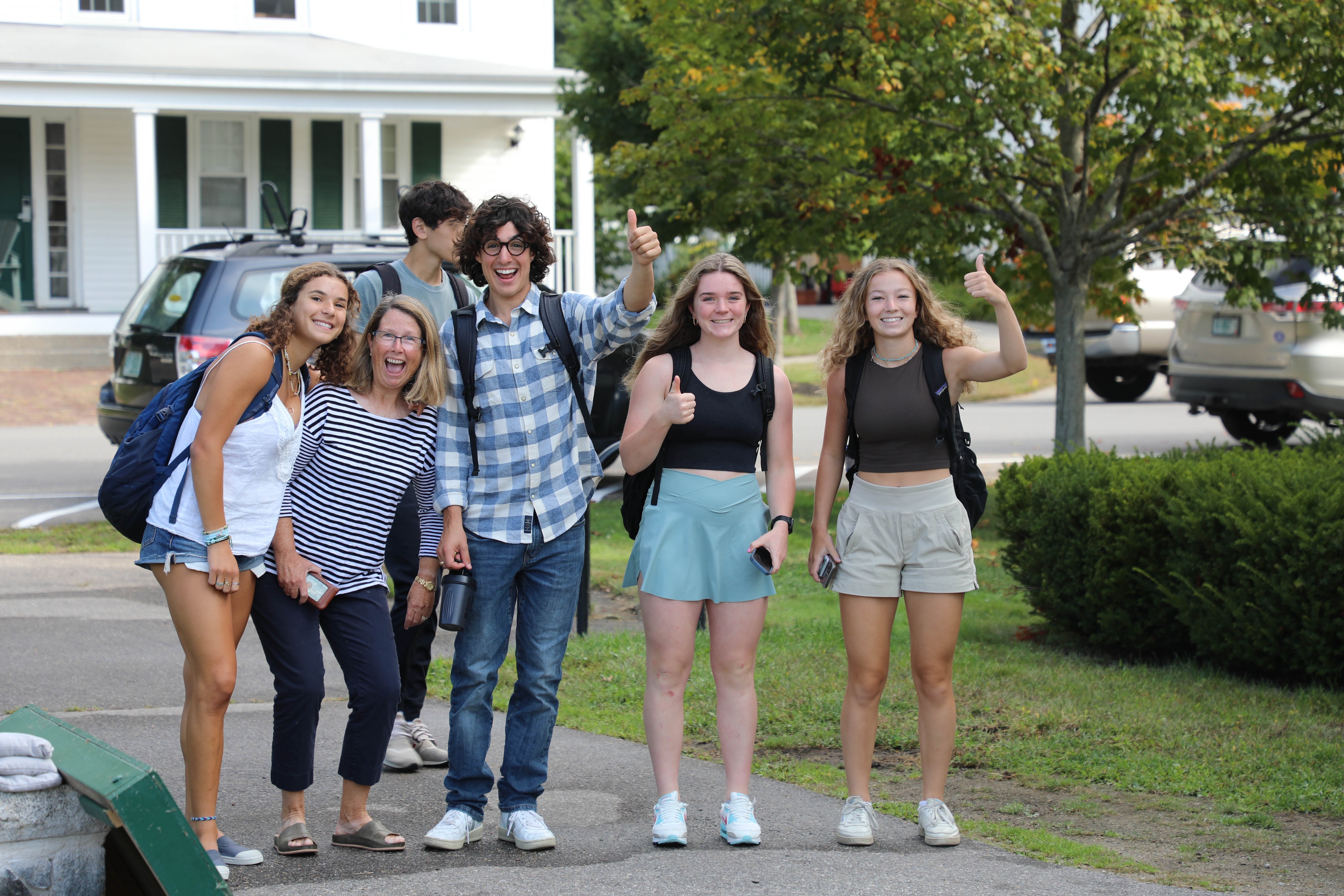
When we live in community, we see the best in each other, but are not afraid to address that which can tear us apart. We look each other in the eye as we pass on the pathway. We genuinely care how others are doing, finding those who are struggling to connect and making sure they feel known. We hold each other accountable because we care about this place that we all call home.
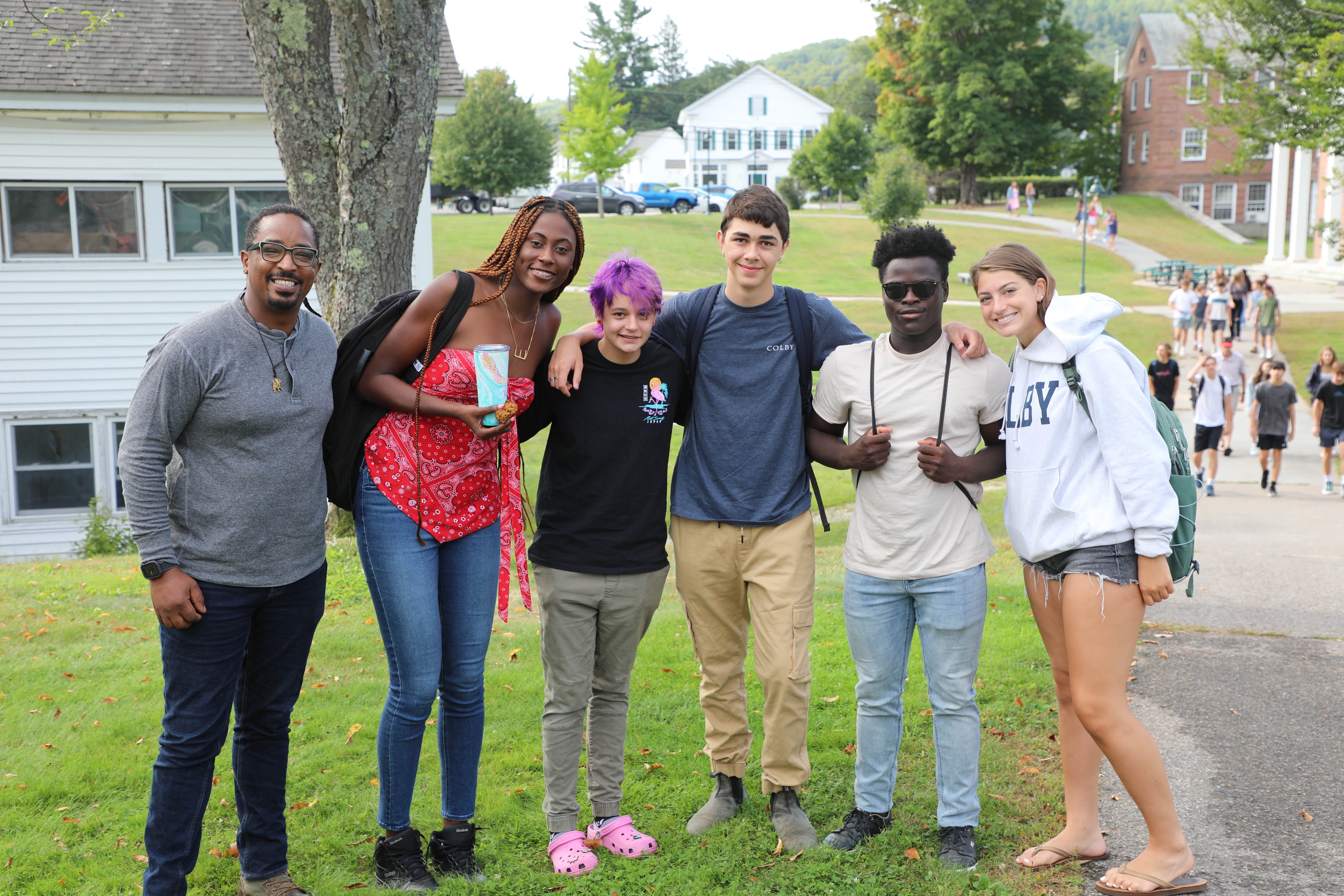
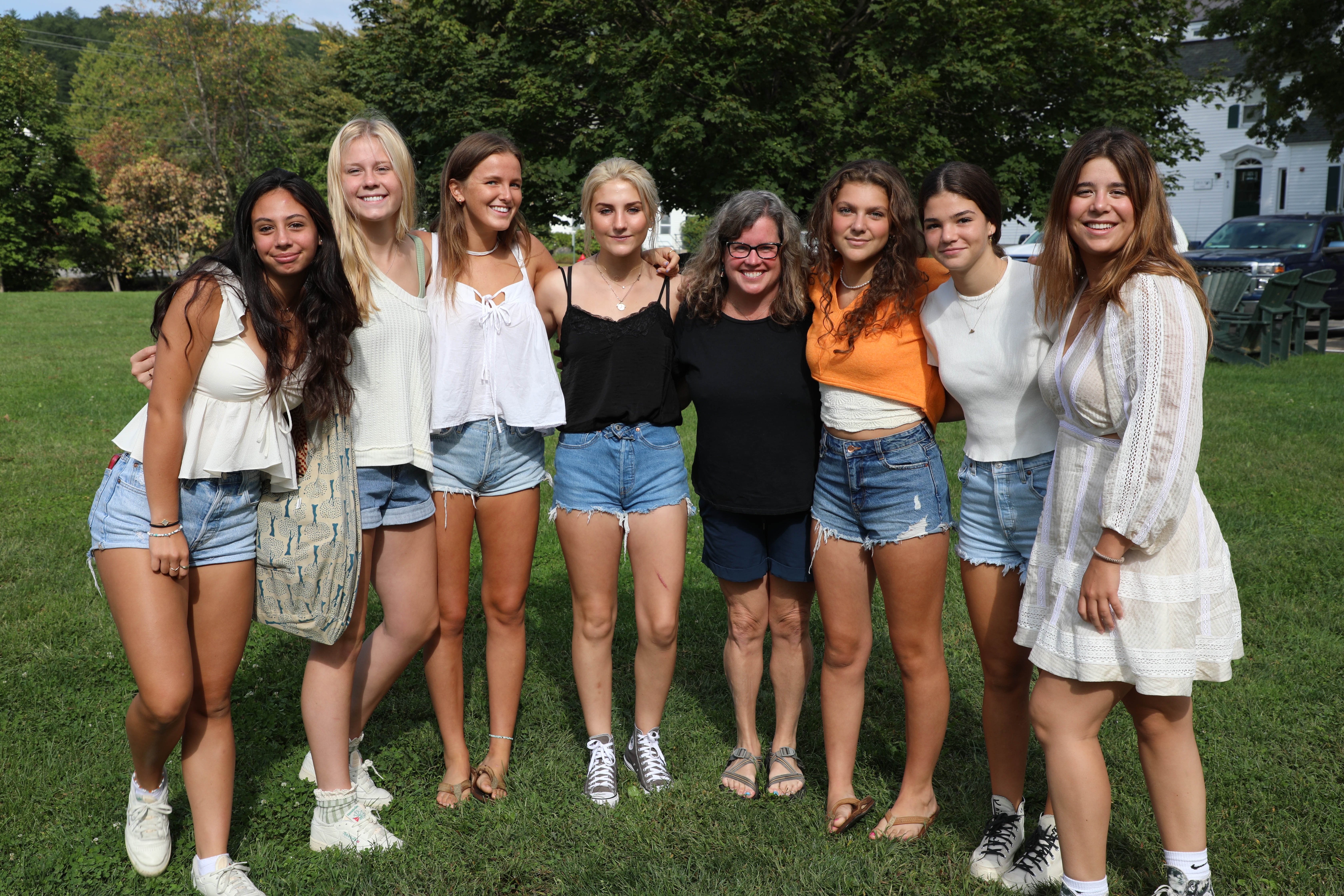
For many new students, and even new faculty, the community experience at Proctor presents an entirely new way of “doing school”. It can be disorienting for some. “Why is everyone asking me how I am doing?” “Why do people care about each other so much?” “Why won’t anyone let me fly under the radar like I could at my old school?”
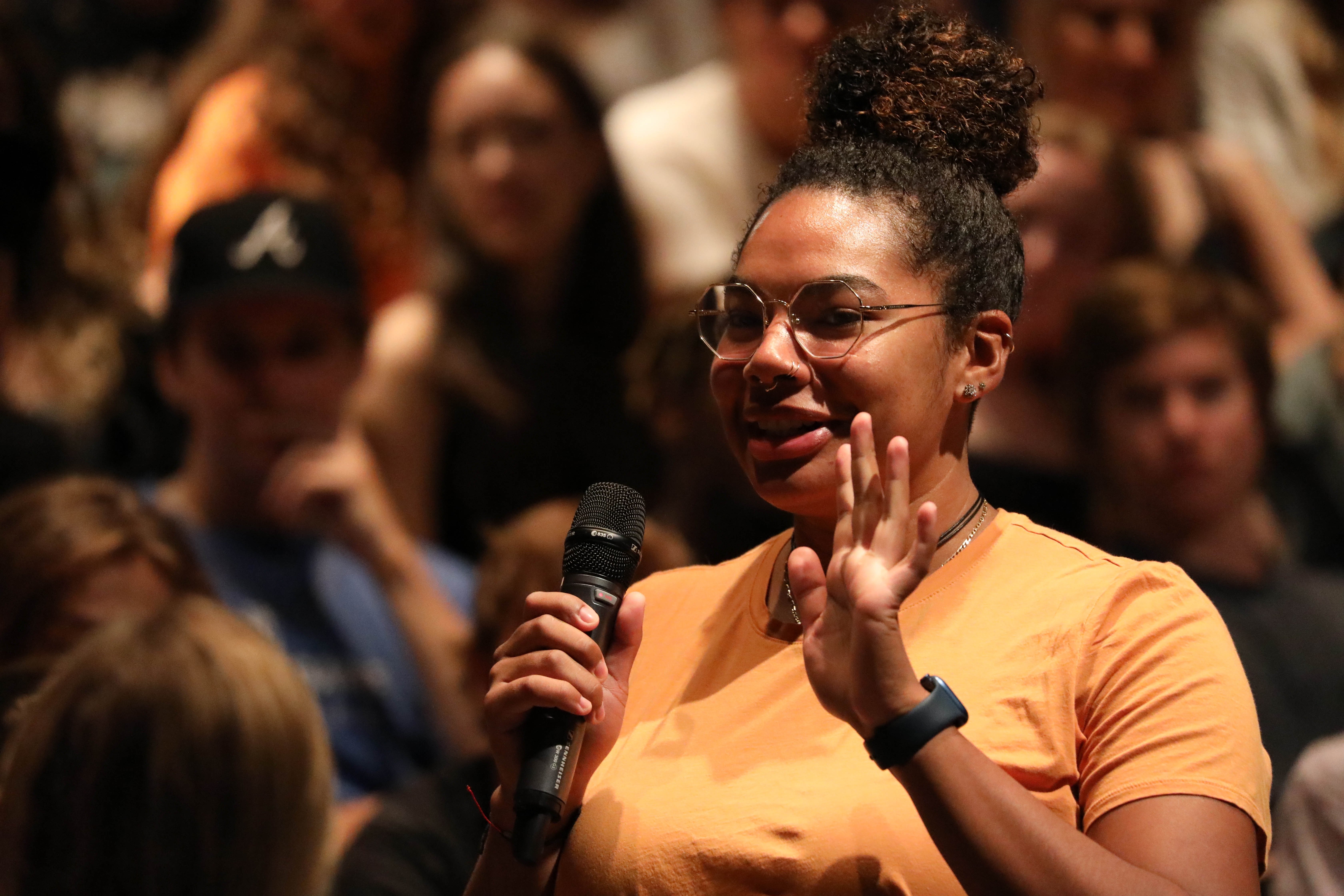
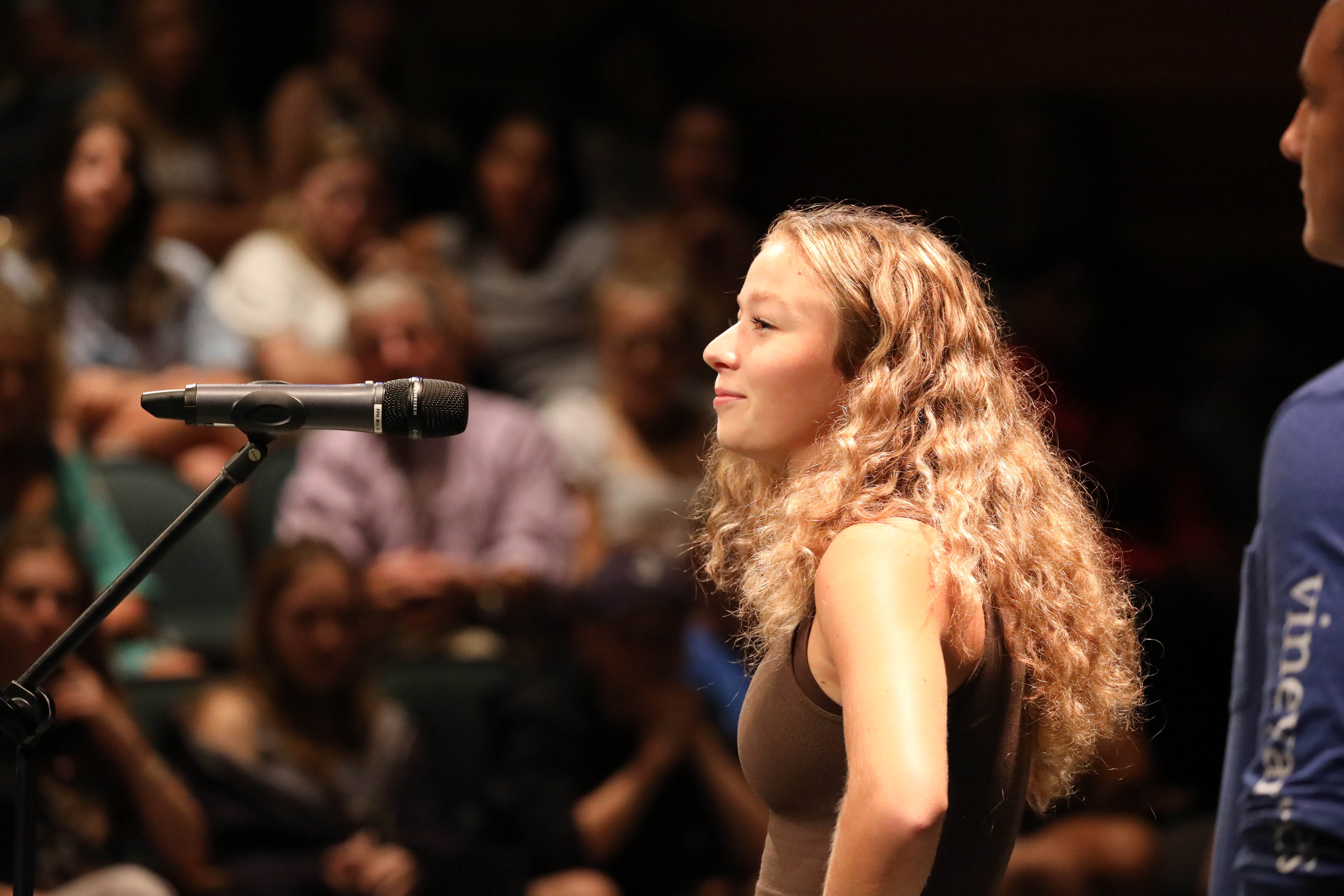
In his book, The Second Mountain, David Brooks writes about the opportunity we have when we live in committed communities. “Our society suffers from a crisis of connection, a crisis of solidarity. We live in a culture of hyper-individualism. There is always a tension between self and society, between the individual and the group. Over the past sixty years we have swung too far toward the self. The only way out is to rebalance, to build a culture that steers people toward relation, community, and commitment -- the things we most deeply yearn for, yet undermine with our hyper-individualistic way of life.” (page 12)
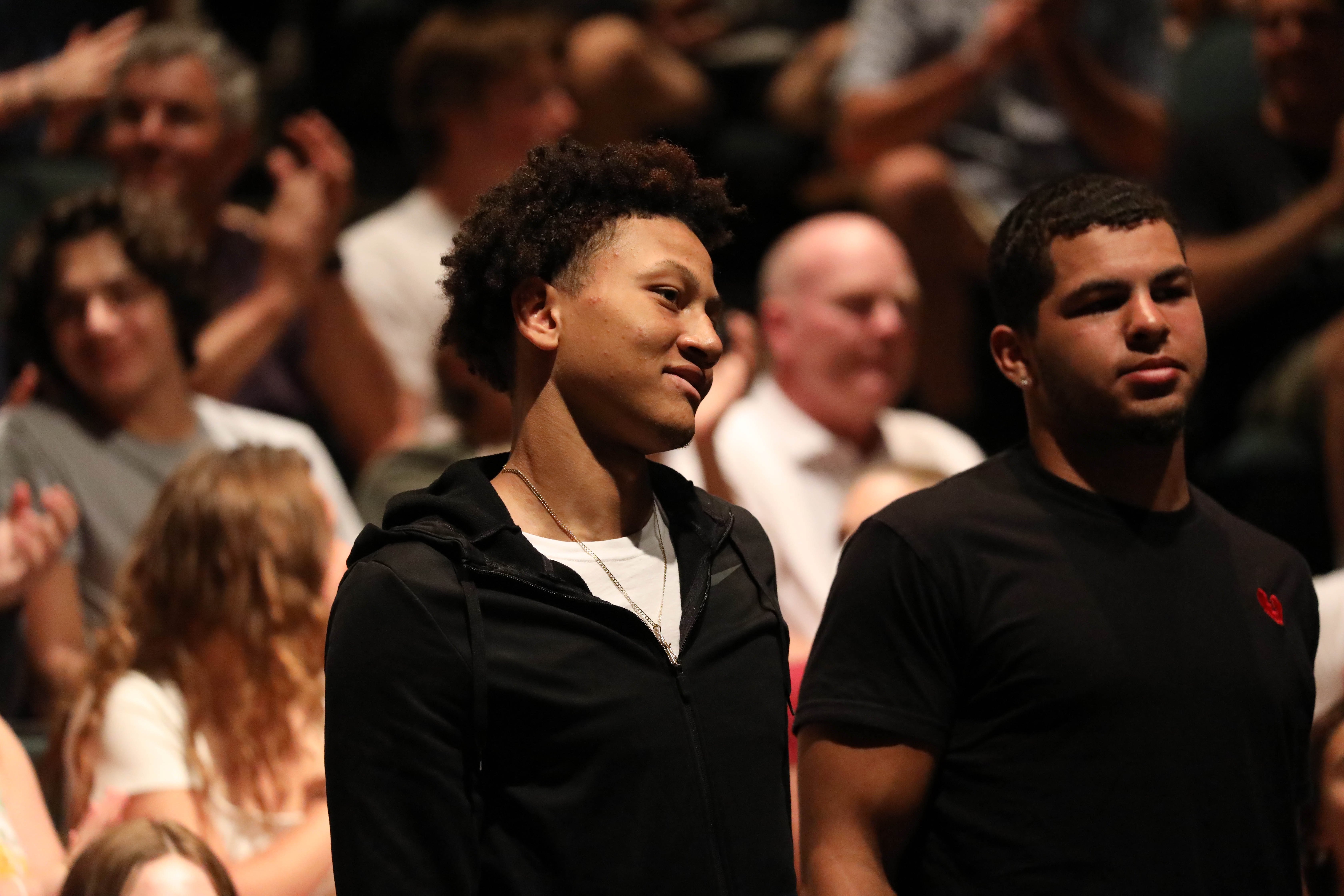

This is our work in the coming days, weeks, and months: to build a culture of connection and commitment in this year’s version of Proctor. Culture is not created overnight. It takes intentionality, a willingness to put the good of the community over our own self-interest. It must be taught by those who have lived it prior, adults and students alike, and embraced by those who are just now stepping into it. There will be bumps along the way, of course; moments of misalignment between our actions and agreed upon shared principles. But when we wake up each morning and do our best to connect with those around us, to be kind, to be brave, and to lift others up, we will be well on our way to building a culture at Proctor that will sustain us.
